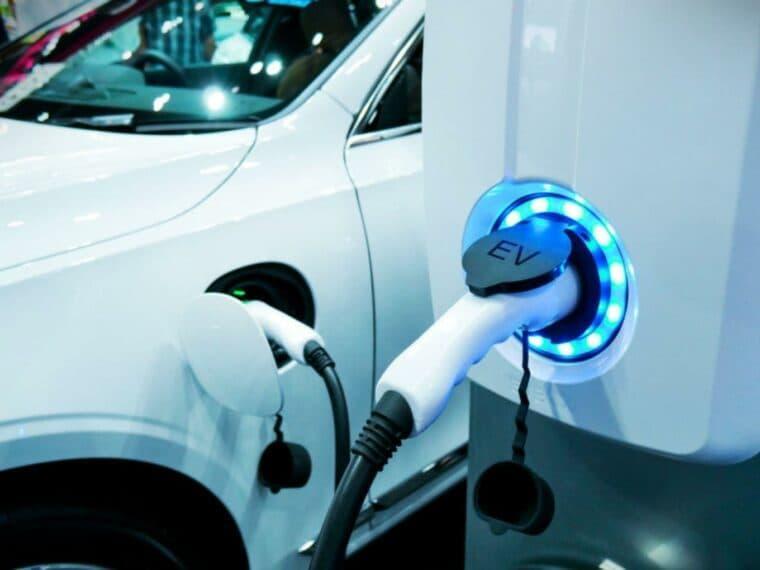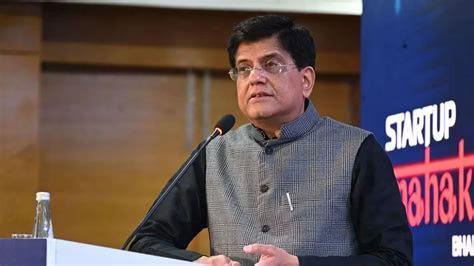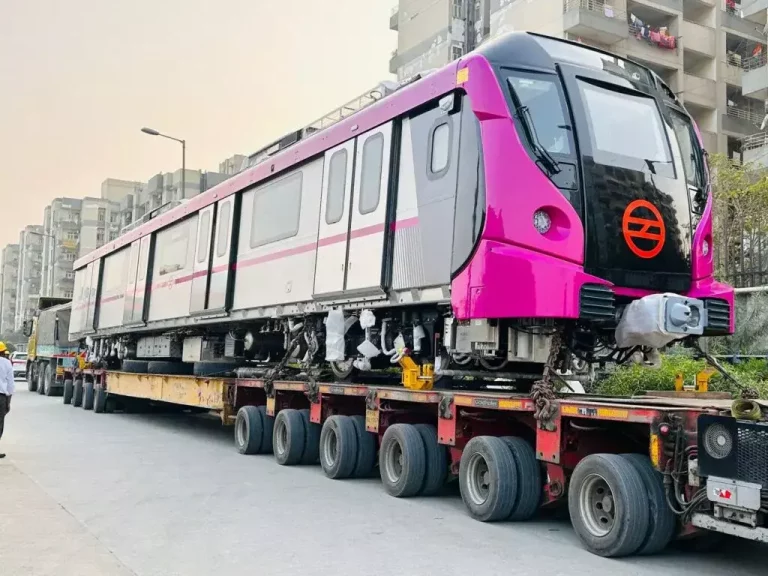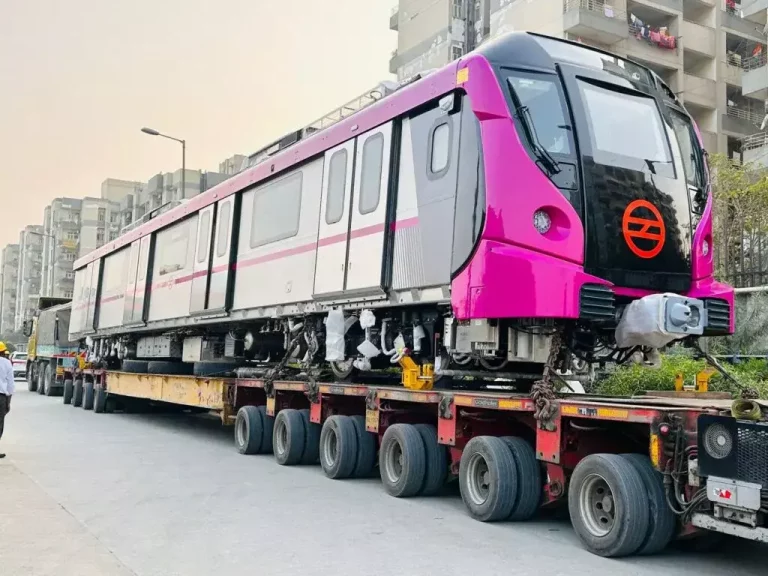
Epsilon Group Seals ₹15,350 Crore Deal for EV Battery Plant
In a significant development for the Indian electric vehicle (EV) industry, Epsilon Group, a global battery material manufacturer, has agreed to invest ₹15,350 crore to set up a manufacturing and research facility for EV battery testing and advanced materials in Karnataka. The company signed a Memorandum of Understanding (MoU) with the Karnataka government at the global investors conference, ‘Invest Karnataka 2025’, marking a major milestone in the state’s bid to emerge as a hub for EV manufacturing.
The proposed facility, which is expected to be operational by 2026, will be a state-of-the-art manufacturing and research facility that will focus on the development of advanced battery materials, testing, and validation. The facility will have a production capacity of 50 GWh, making it one of the largest EV battery manufacturing facilities in the country.
The deal is a significant boost for Karnataka’s efforts to attract foreign investment and establish itself as a key player in the EV industry. The state government has been actively promoting itself as an attractive destination for investors, offering a range of incentives and support services to companies looking to set up shop in the state.
Epsilon Group, which is a global leader in the development and manufacturing of battery materials, including cathode, anode, and electrolyte, has identified India as a key market for its growth plans. The company has been actively expanding its presence in the country, having set up a manufacturing facility in Hyderabad last year.
The proposed facility in Karnataka will be Epsilon Group’s second manufacturing facility in the country, and will cater to the growing demand for EV batteries in the Indian market. The company has committed to creating over 5,000 jobs, both directly and indirectly, through the facility.
The facility will also have a strong focus on research and development, with Epsilon Group planning to invest heavily in the development of new battery technologies and materials. The company has partnered with several leading Indian research institutions and universities to develop cutting-edge battery technologies that can cater to the specific needs of the Indian market.
The deal is also seen as a significant vote of confidence in the Indian government’s efforts to promote the EV industry. The government has been actively promoting the adoption of EVs through a range of incentives, including subsidies and tax breaks, and has set a target of achieving 30% EV penetration in the country’s passenger vehicle market by 2030.
The Karnataka government has also been actively promoting the EV industry, having set up a dedicated EV policy and offering a range of incentives to companies looking to set up shop in the state. The state government has also announced plans to invest heavily in the development of EV infrastructure, including charging stations and battery recycling facilities.
The deal is also expected to have a positive impact on the local economy, with the facility expected to generate significant employment opportunities and stimulate local economic growth. The facility will also provide a significant boost to the state’s tax revenues, with Epsilon Group committing to pay a significant amount of taxes to the state government.
In conclusion, the deal between Epsilon Group and the Karnataka government is a significant milestone in the state’s bid to emerge as a hub for EV manufacturing. The facility is expected to have a major impact on the Indian EV industry, providing a significant boost to the production of EV batteries and stimulating local economic growth.






